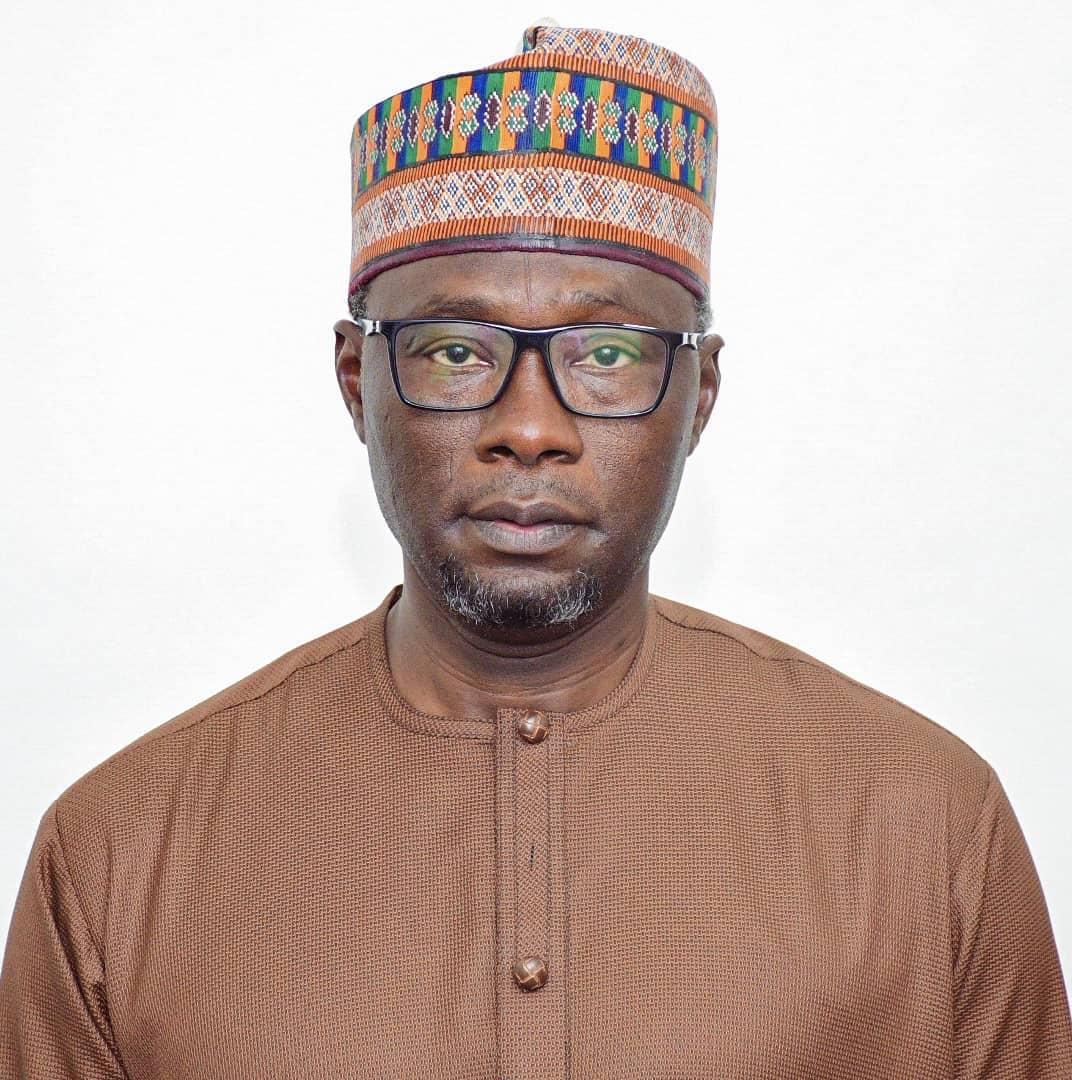With heavy hearts and eyes filled with tears, Nigeria bids farewell to one of its most enigmatic and enduring leaders — former President Muhammadu Buhari. His passing marks not just the end of a personal journey, but the closing of a remarkable chapter in Nigeria’s complex political history. From a disciplined soldier who rose through the ranks of the Nigerian Army, to a stern military Head of State, and then to a democratically elected two-term President, Buhari’s name is woven into the fabric of our national identity. But in death, as in life, President Buhari has presented us with one more opportunity: the chance to reflect, learn, forgive, and build. For both leaders and followers, this moment should not pass as just another headline. It is a divine reminder — of mortality, of duty, and of the transience of power. “Every soul shall taste death…” (Qur’an 3:185). “For dust you are, and to dust you shall return.” (Genesis 3:19).
Muhammadu Buhari was not a perfect man—no man is. But he was a man of remarkable will, discipline, and consistency. He stood firmly for accountability, integrity, and national unity, even when his path was unpopular or misunderstood. His military stint was defined by fierce patriotism and his civilian leadership was often driven by a moral resolve to fight corruption and reposition Nigeria. He was, at times, misunderstood, and at other times, resisted. But Buhari never wavered from what he believed was right. Whether history agrees or not, his sincerity of purpose will be judged by Allah, the Most Just. The Prophet Muhammad (SAW) said: “The best of people are those who are most beneficial to others.” (Daraqutni). In Christian terms, the Gospel of Matthew reminds us: “Well done, good and faithful servant… enter into the joy of your Lord.” (Matthew 25:21). We can only hope that Buhari, having borne the weight of leadership and its complexities, finds peace in the mercy of the Lord he returned to.
Leaders must remember that leadership is not privilege—it is accountability. President Buhari’s life teaches us that no matter how long power lasts, it is fleeting. Today, those who bowed to him in reverence will offer prayers over his grave. This is the reality of power. To the current and future leaders of Nigeria: learn from this. Serve with humility. Rule with justice. Speak the truth, even when it is bitter. Let your office be a trust, not a throne. “Each of you is a shepherd, and each of you is responsible for his flock.” (Bukhari & Muslim). “But among you it will be different. Whoever wants to be a leader among you must be your servant.” (Mark 10:43). Buhari often reminded his aides that the real reward of leadership lies not in praise or power, but in pleasing one’s conscience and ultimately, one’s Creator.
The followers too must reflect. Buhari faced criticism, some deserved, some exaggerated. But the maturity of a nation is seen in how its people engage power — constructively, responsibly, and peacefully. We must learn to criticize with love, protest with purpose, and forgive with faith. No leader can succeed without the cooperation of his people. Likewise, no people can flourish under constant suspicion and disunity. As we mourn Buhari, let us reconcile with one another. “Let not hatred of a people prevent you from being just. Be just: that is nearer to piety.” (Qur’an 5:8). “Bear with each other and forgive one another if any of you has a grievance… Forgive as the Lord forgave you.” (Colossians 3:13). As Buhari now lies silent beneath the soil, let our hearts speak louder with unity, forgiveness, and a renewed spirit of nation-building.
Death levels all men. It has no regard for office, title, wealth, or popularity. Buhari’s passing is a stark reminder that inna lillahi wa inna ilayhi raji’un—to Allah we belong, and to Him we shall return. Let every Nigerian—young or old, Christian or Muslim, rich or poor—understand that life is not measured by the years we live, but by the impact we make. President Buhari’s life—whether praised or critiqued—was a life of service, of purpose, and of sincere struggle. “Live in this world as if you were a stranger or a traveler.” (Bukhari). “Teach us to number our days, that we may gain a heart of wisdom.” (Psalm 90:12). Let his death push us closer to our Creator and awaken us to the call of righteousness, nationhood, and legacy.
As we lay to rest one of Nigeria’s most talked-about sons, we must carry forward the higher call. To love Nigeria. To forgive one another. To stand firm on truth. And to pray that Allah raises from among us men and women of vision, character, and fear of God. To the Buhari family, may Allah grant you comfort and strength. To Nigeria, may this loss be a turning point for reflection and rebirth. And to our leaders and followers alike: let us not wait until we are lowered into the grave to realize that what matters most is how we live, how we serve, and how we treat one another.
“O Allah, forgive him, have mercy on him, strengthen him, and pardon him. Make honorable his reception and expand his entry. Cleanse him with water, snow, and ice, and purify him as a white garment is purified of dirt.” (Prophetic Du’a for the Dead). President Muhammadu Buhari, rest well. Your chapter has closed, but your story remains. May Allah forgive your shortcomings, reward your service, and grant you peace in the hereafter.
Amin Thumma Amin Ya Hayyu Ya Qayyum.

The late Muhammadu Buhari







